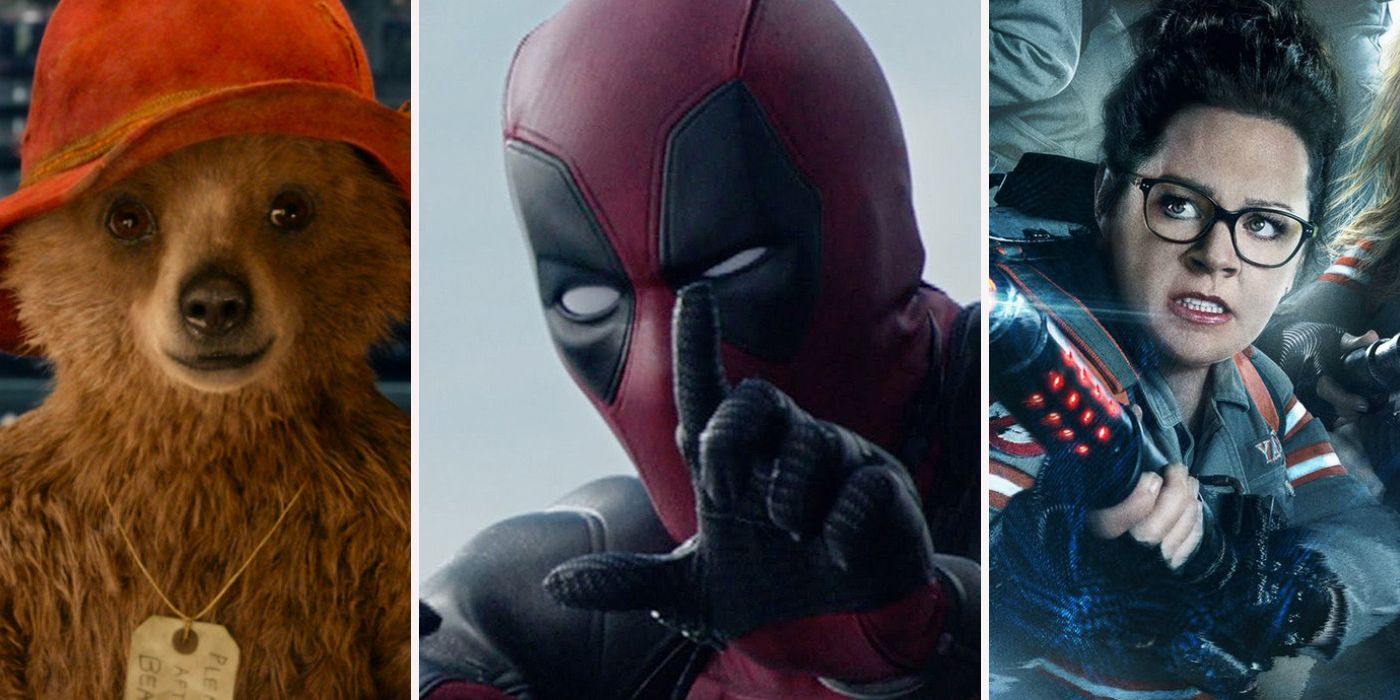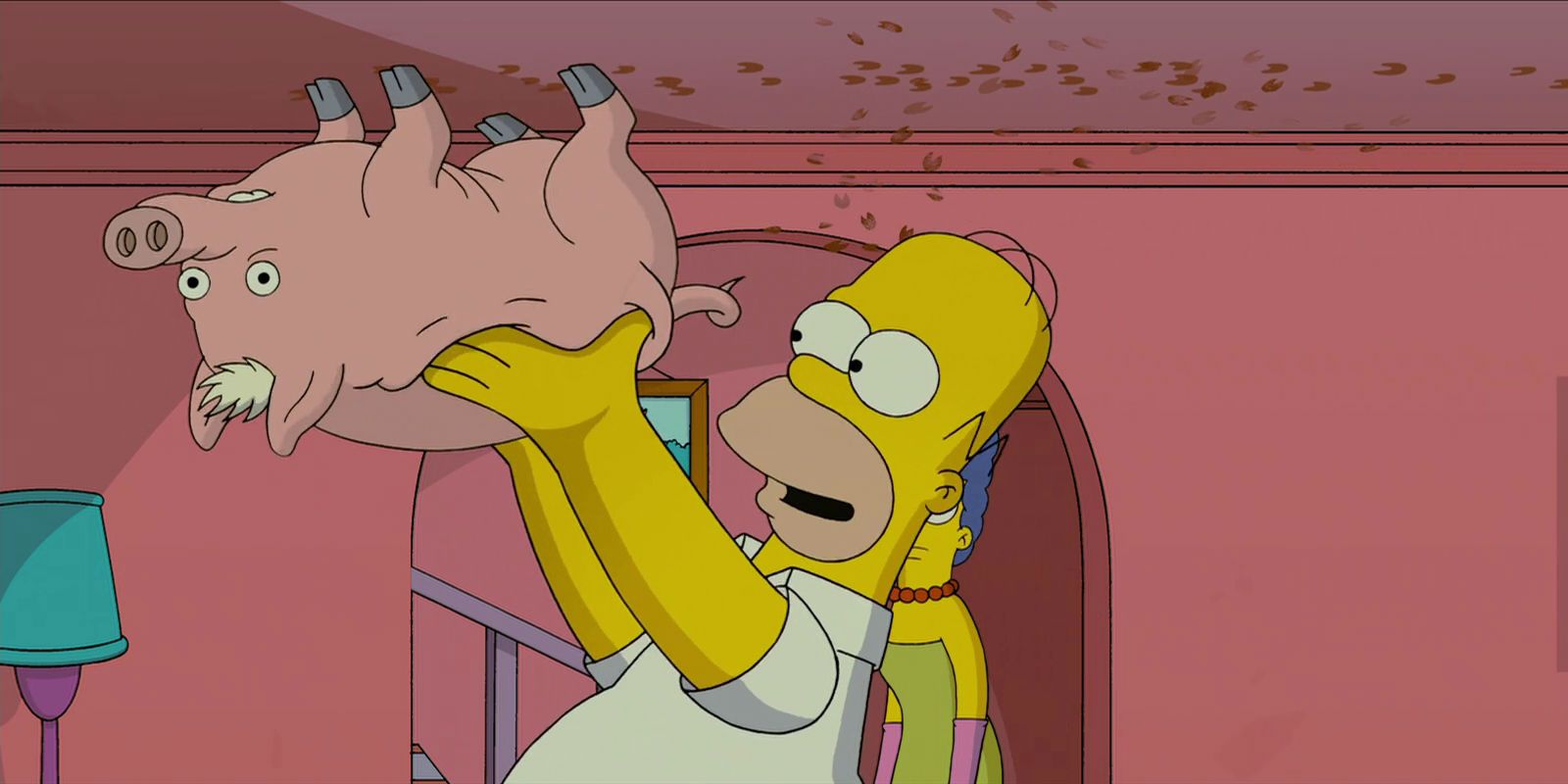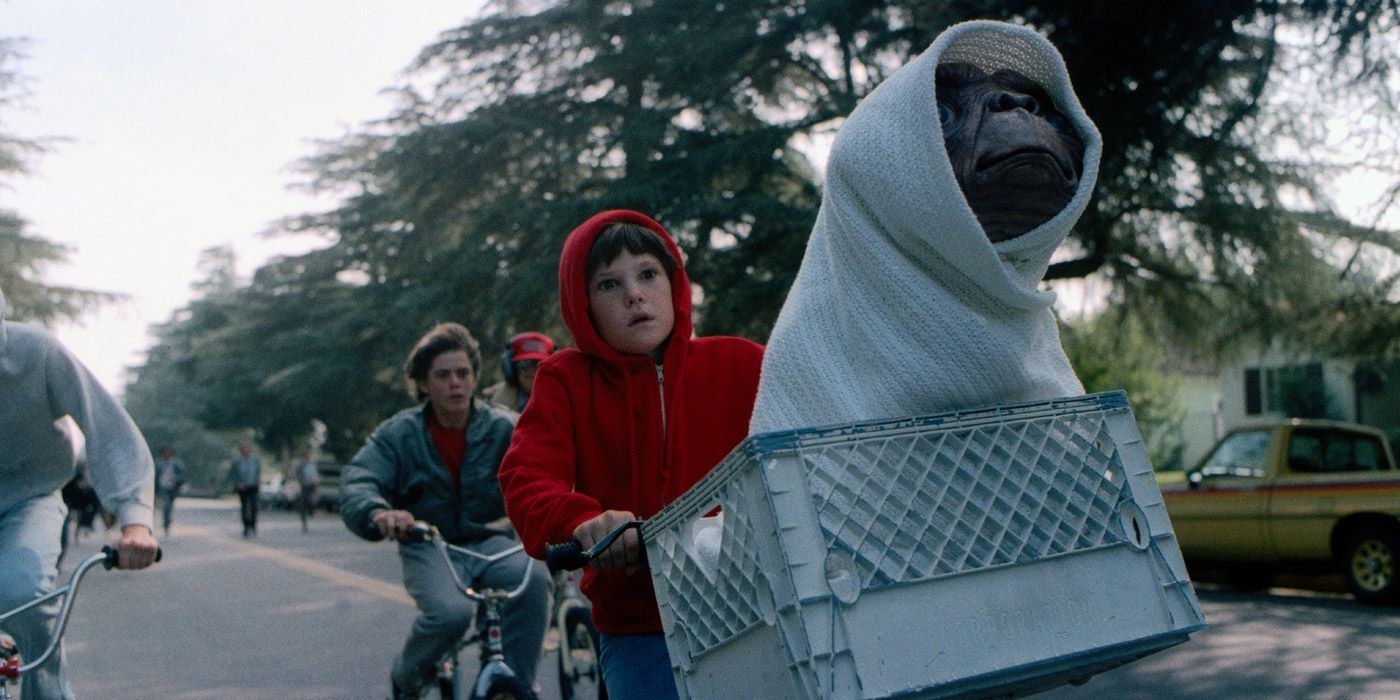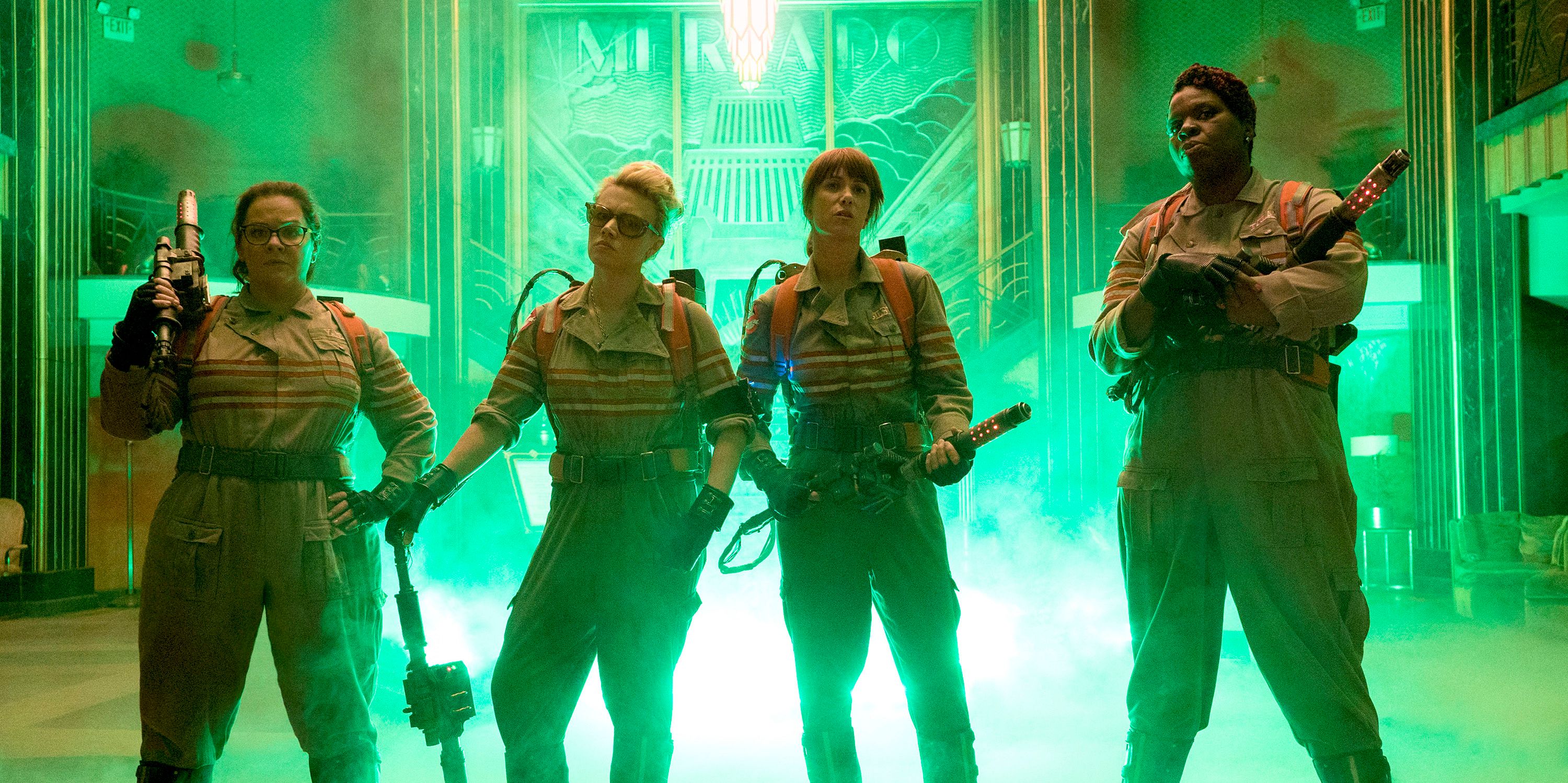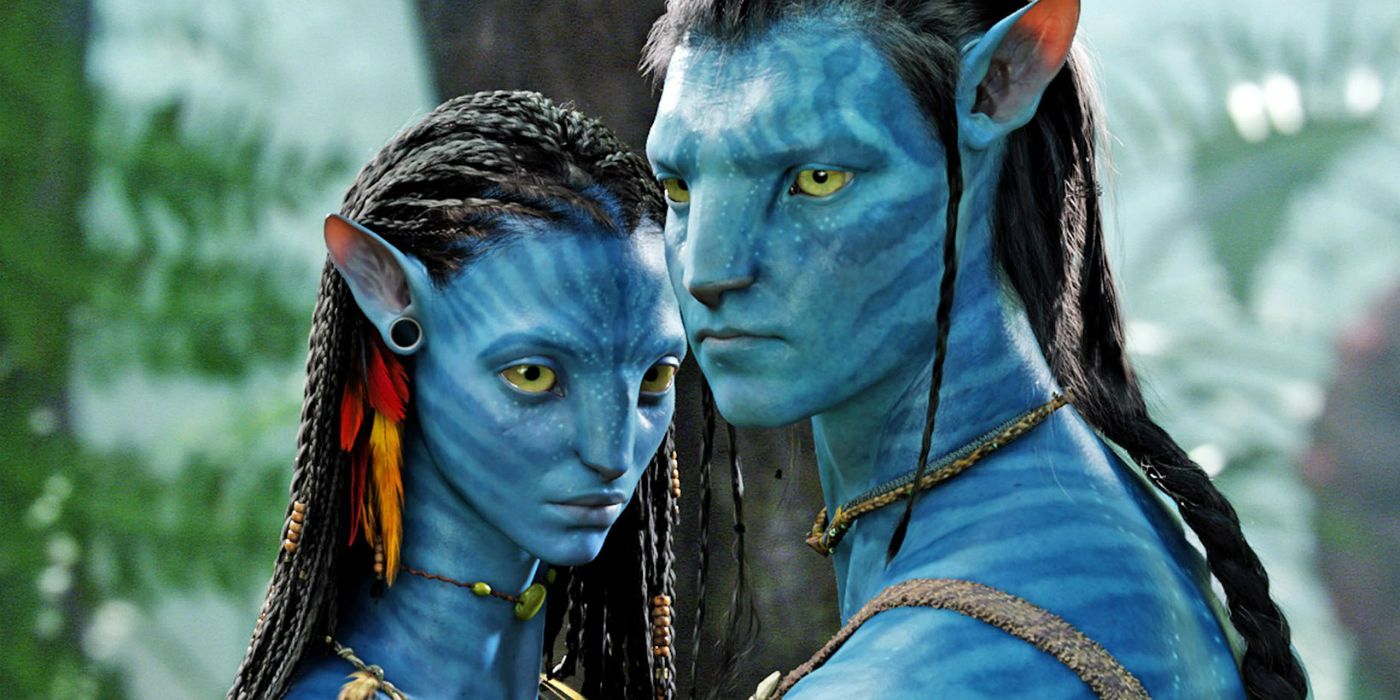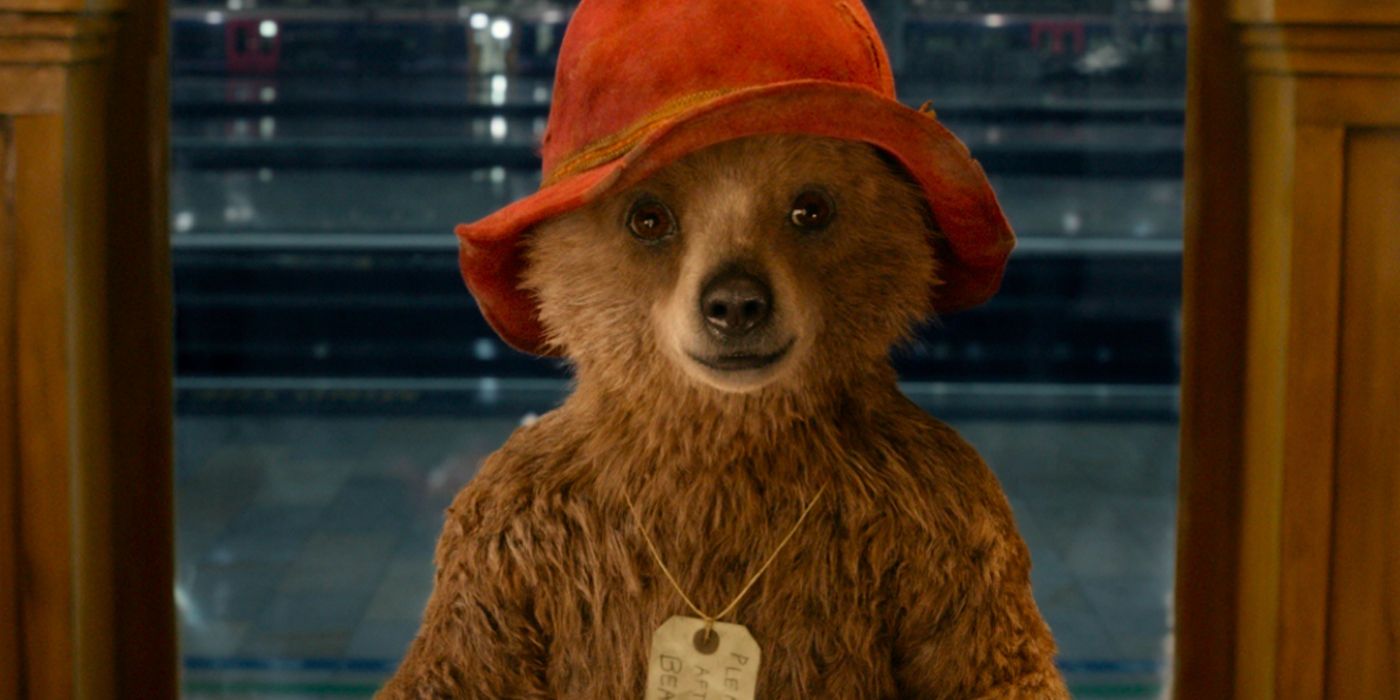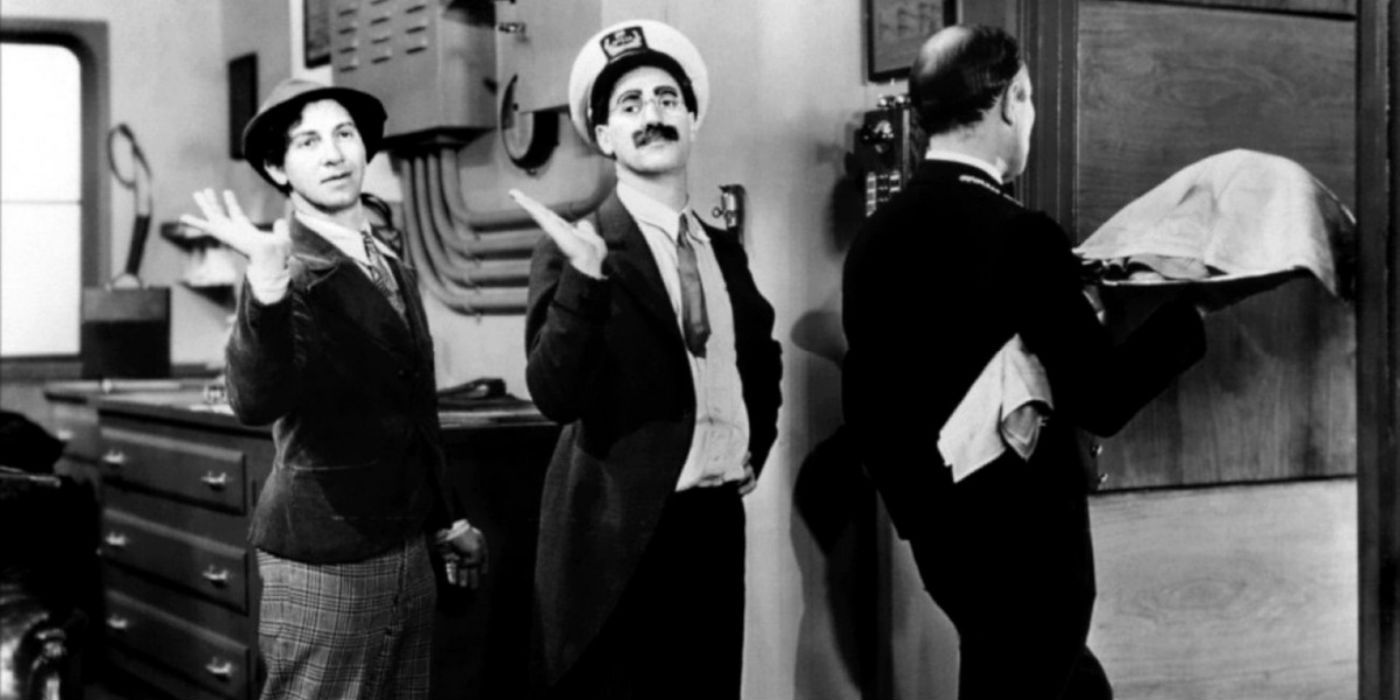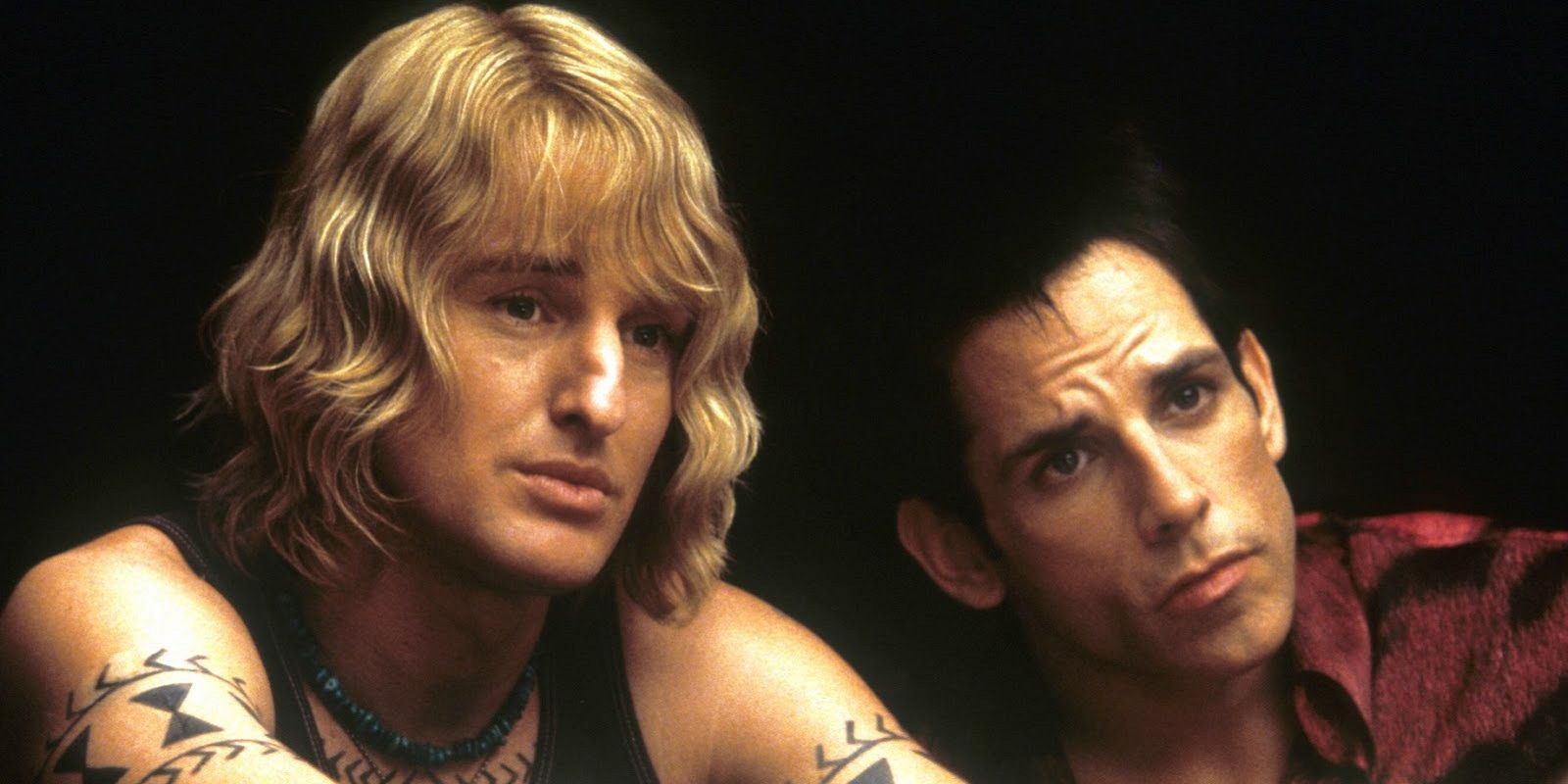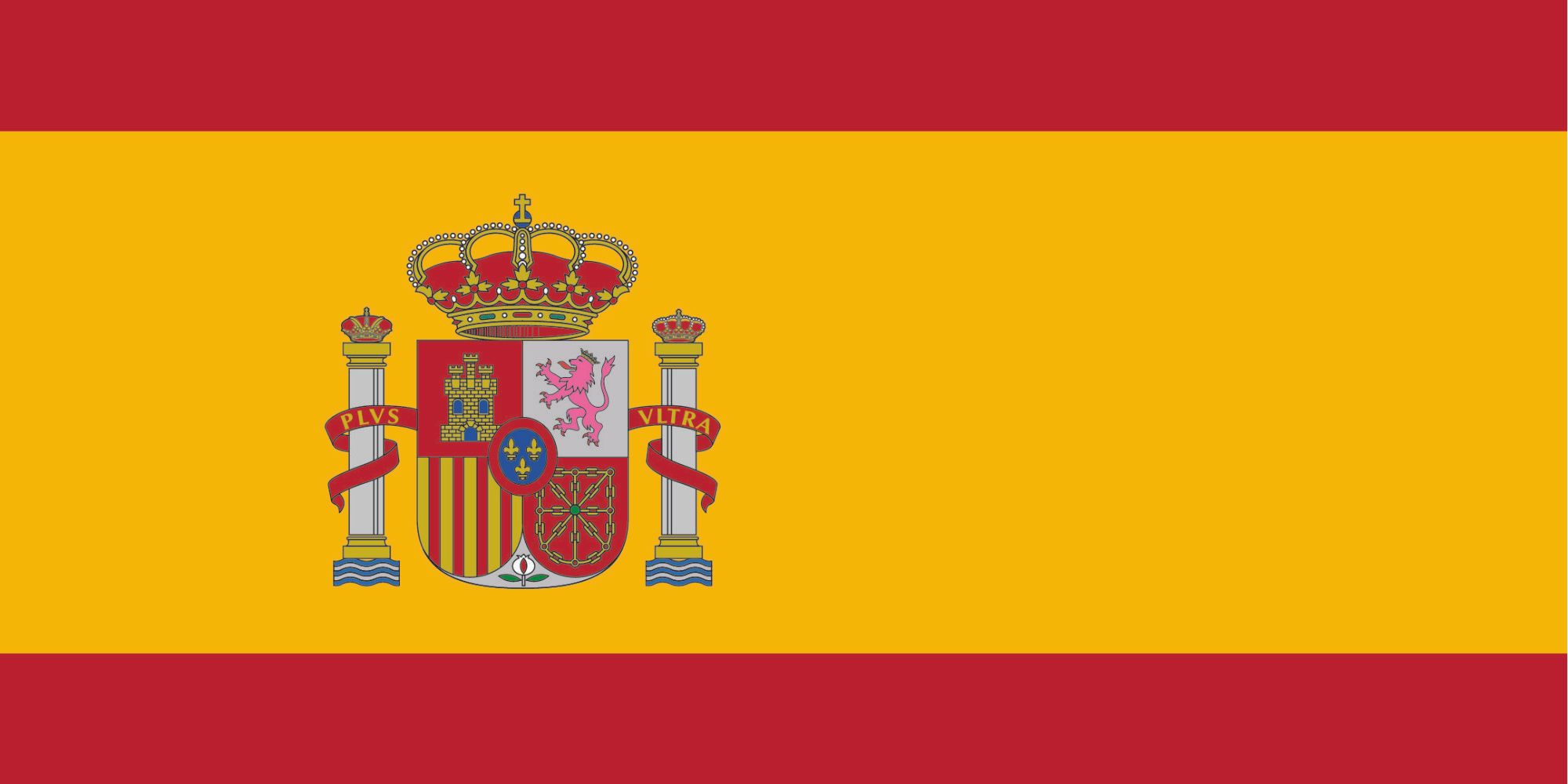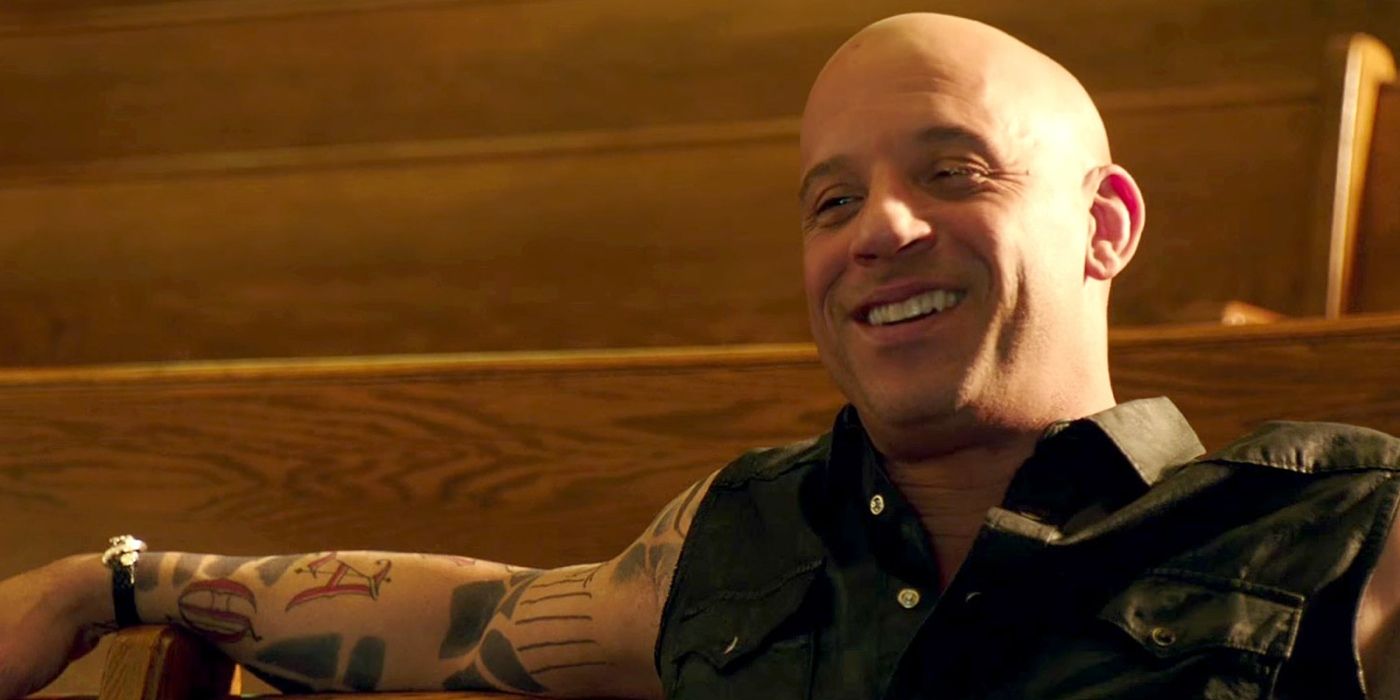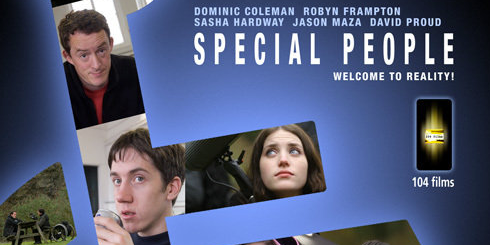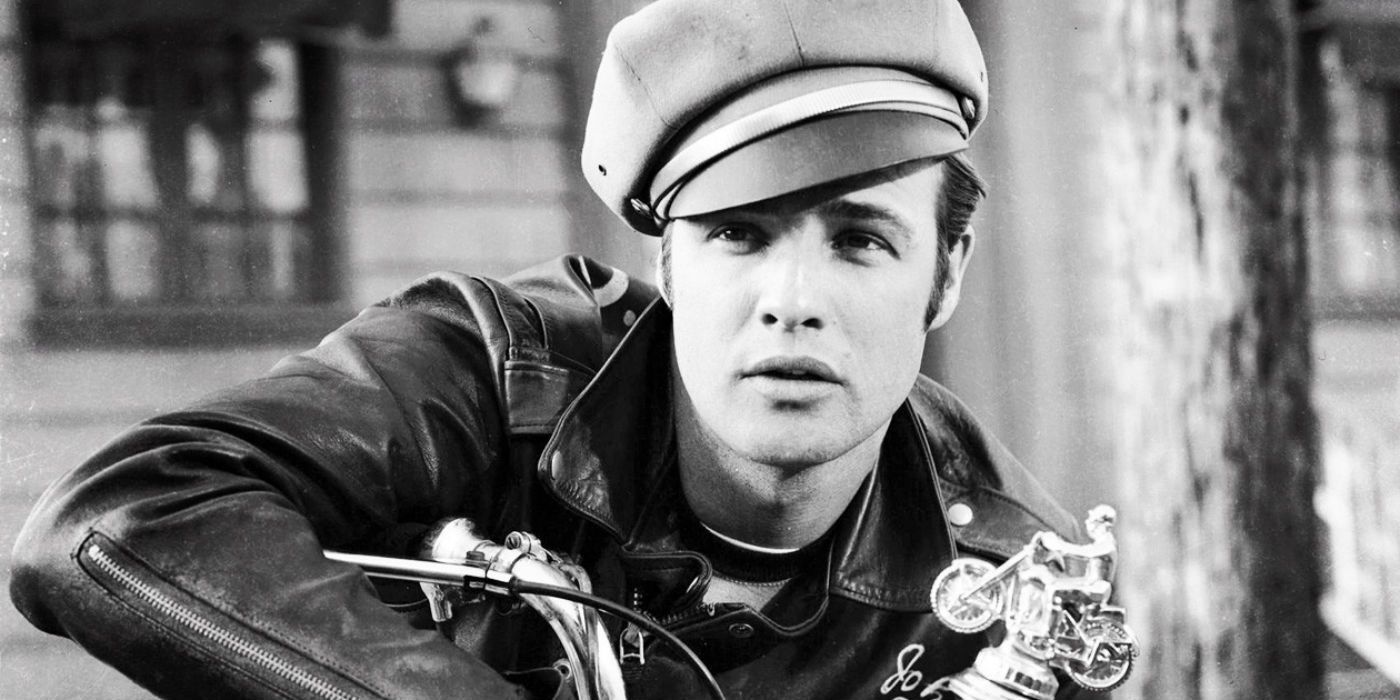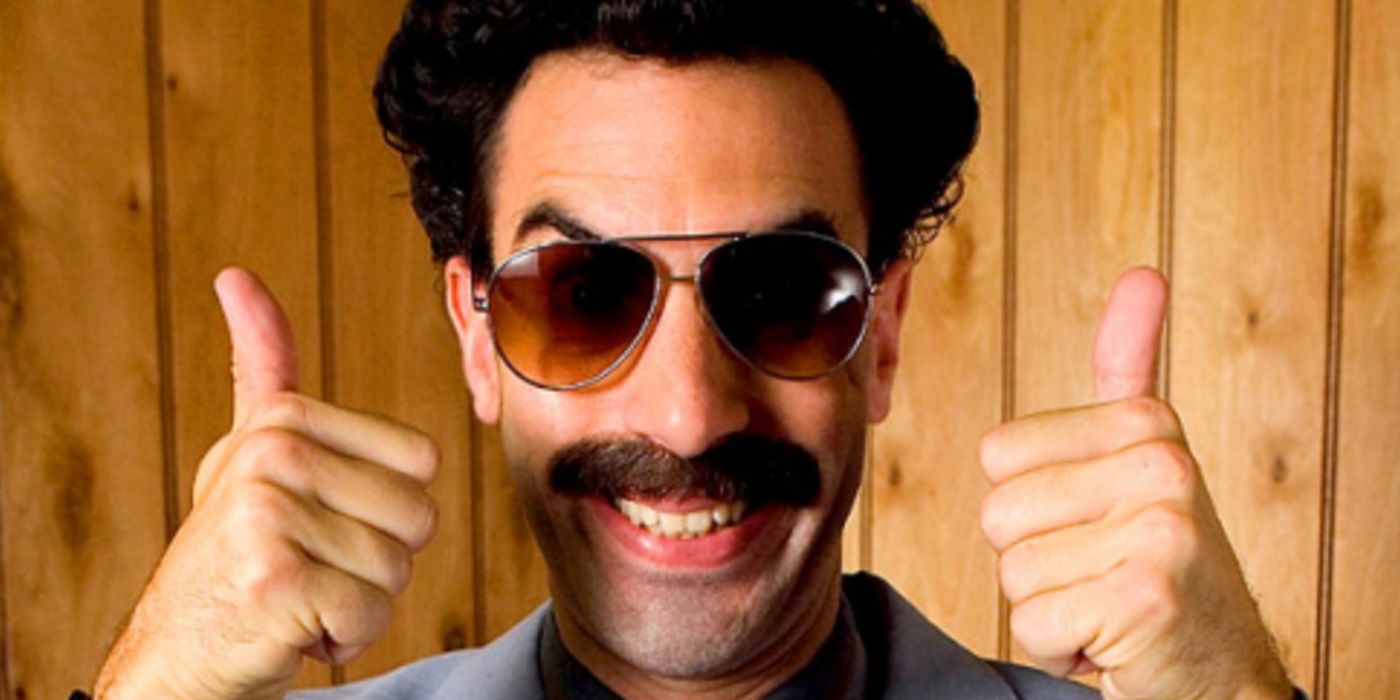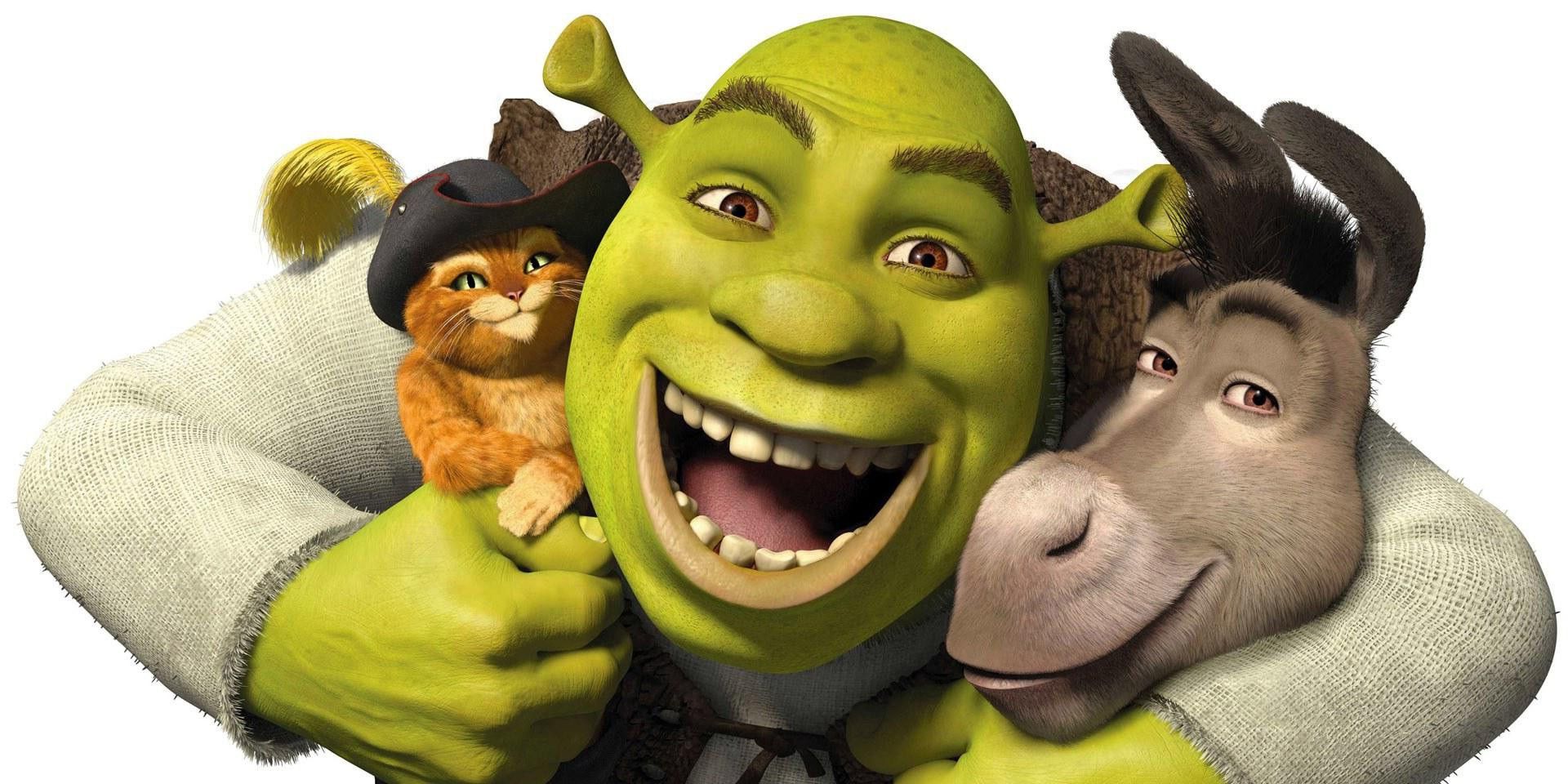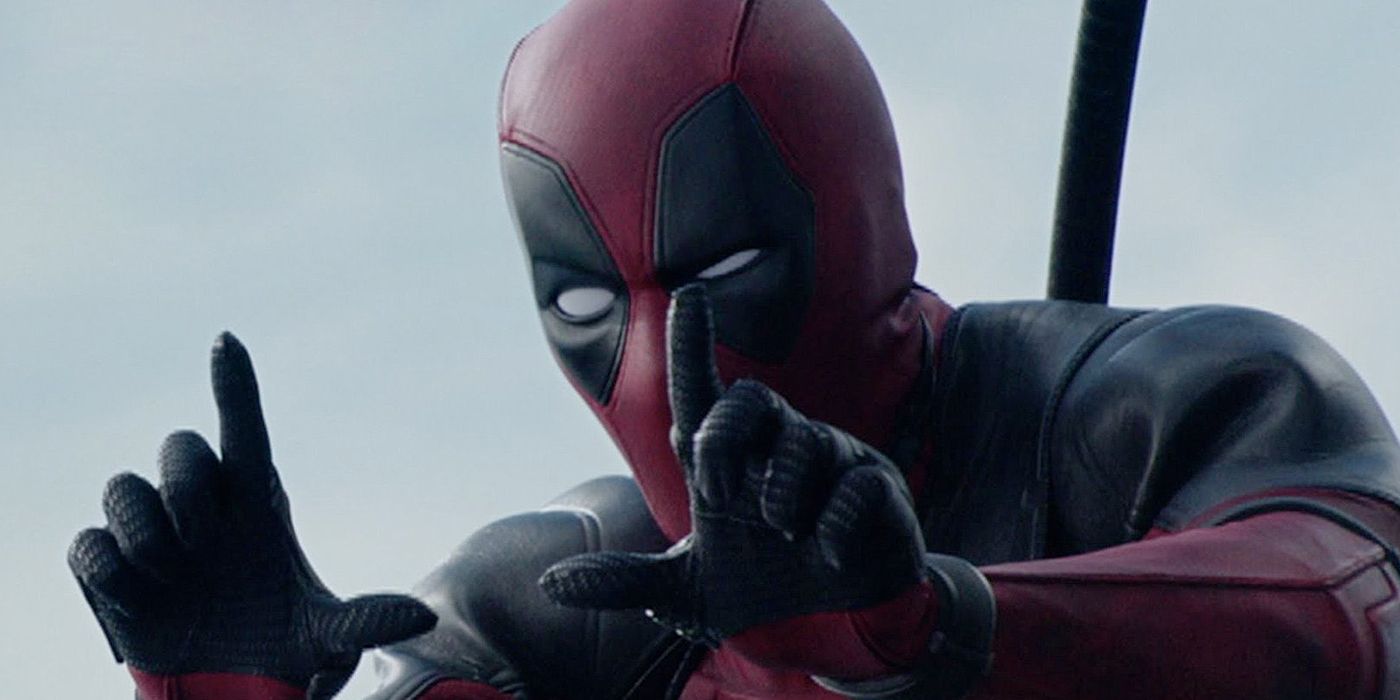Film censors have the tricky task of fairly and objectively assigning movies with a rating, under the scrutiny of the public eye. In America, the MPAA manage to get it right most of the time, though it is prone to the odd mistake. However, while the MPAA isn’t as renowned or respected as it could be, perhaps by looking at the entries in this list, you can appreciate the censorship board a little more.
Some countries censor films for outdated ideologies. Yet not only are they misguided in their views, they’re hilariously misguided in what films they think oppose their views, leading to some ridiculous decision making.
And if there’s one theme that acts as an undercurrent to all these list entries, it’s ridiculous decision making. Some countries’ censorship boards may have all the best intentions, but good intentions are often overruled by baffling rulings. You think the MPAA giving Twister a PG-13 for “very bad weather” is silly? Aww, how adorable. Get ready for some truly silly errors in judgement. These are the 15 Weirdest Ways Movies Were Censored in Other Countries.
15. The Simpsons Movie Has The Wrong Colors
Myanmar has some questionable policies when it comes to censoring films, including an intolerance of actors in tight pants, or drinking and smoking at the same time, but nothing comes close to rivalling the baffling reasoning for banning The Simpsons Movie.
Matt Groening’s iconic family were turned away from the country faster than you could say “D’oh!” for the sole reason that censors forbade the use of red and yellow. No further explanation was given, but one can only assume that the act was a thinly-veiled attempt to prevent foreign culture from affecting Myanmar’s nationalized film industry. It could also be suggested that the two colors are shared with the flag of The Myanmar National Democratic Alliance Army, a Burmese rebel group. Or maybe the film censor board just really didn’t like red and yellow. Whatever the reasoning, through Myanmar’s yellow-bellied act, Matt Groening and 20th Century Fox were left seeing red.
14. 2012 Prevents North Korea's Rise
2012 depicted humanity at the brink of extinction, following a world ravaged by super volcanoes and earthquakes. 2012 was also the year in which North Korea celebrated their Great Leader, Kim Il-Sung’s centenary, a momentous occasion which Kim Jong-Il believed would be the beginnings of the country’s rise to a superpower. This led to the bizarre circumstances of banning the disaster movie for fear that it would jinx North Korea’s ‘lucky year’.
That didn’t necessarily stop North Korean citizens from watching the flick, however: many accessed it through smugglers from the Chinese border, risking a punishment of up to five years in jail for staring at John Cusack’s rubbery mug at the expense of celebrating their country’s Supreme Leader. Following recent conflict, perhaps North Korea’s government just thought that 2012 had got the date wrong by five years or so.
13. E.T Pits Children Against Adults
Steven Spielberg’s family-friendly sci-fi, E.T: The Extra Terrestrial, was deemed not family-friendly enough by a group of Scandinavian censor boards. Sweden, Finland and Norway all decided to prevent young children from watching the film, reasoning that it “portrays adults as enemies of children”. What’s more, Chief Censor Gunnel Arrback continued the laughable exaggeration by arguing that the film created “a threatening and frightening atmosphere” that was maintained throughout its runtime.
While there’s nothing wrong with looking out for the safety of children, perhaps better reasoning for keeping young kids out of the cinemas would’ve been the traumatising sight of E.T.’s saggy, distorted face. Nevertheless, the Nordic film boards went for the children vs adults angle, leading to protests among the streets, while proving the titular character wrong. “I’ll be right here”? Well, not in Scandinavia, you won't.
12. Ghostbusters Promotes Superstition
2016’s Ghostbusters reboot was shunned by China’s censorship board for the rather unavoidable reason that it featured ghosts. A bizarre ruling states that any movie that “promotes cults or superstition” faces the axe, or in this case, the proton pack. While China have been quick to assure that the true reasoning behind the banning is because of lack of faith in ticket sales, the ruling is still active, and does explain why films such as Pirates of the Caribbean: Dead Man’s Chest and even the original Ghostbusters were banned.
Sadly, the film’s retitling to Super Power Dare Die Team wasn’t quite enough to stop the censorship board noticing the distinct sight of ghosts, though it could be argued that the banning is testament to the film’s special effects team if their ghouls had the realism required to promote superstition. Unfortunately, ghosts will continue to be amiss from Chinese cinemas, with the one notable exception: the ruling allows the use of Chairman Mao’s apparition. That’s the spirit!
11. Avatar Is Too Similar To National Conflict
Moving away from the otherworldly, China also faces problems that are very real. Too real, in fact, for audiences: James Cameron’s Avatar may be the highest-grossing movie of all time, but it would have been even more financially successful had the Chinese government not ordered the film to be pulled from cinemas two weeks into its box office run. Their reasoning? That the plight of the Na’vi in the film to protect both their land and their culture mirrors national conflict a little too much. Paralleling Chinese locals’ fight against the government to protect their property, it was feared that the revolt pictured in Avatar would inspire the people of China to follow suit.
Strangely, only 2D screenings were pulled, conveniently leaving the more expensive choices of 3D or IMAX for the Chinese citizen’s viewing pleasure. The government may have wanted to censor a film that exposes national conflict and sensitive issues of forced evictions, but hey, money talks.
10. Paddington Is Too Raunchy
In 2014, Paddington was billed in the UK as the film to take your kids to to distract them over the Christmas holidays. Focusing on the cuddly, polite, endearingly clumsy bear, Paddington was an innocent film aimed, along with an older generation hungry for nostalgia, at a young audience. You can imagine the uproar, then, when it was reported that the film was flagged by the British Board of Film Classification for containing “mild sex references”.
What raunchiness had befallen Paddington bear? Well, in a hot and steamy scene that rivals Ghost, The Notebook or Titanic for pure eroticism, Hugh Bonneville dresses up as a woman and is lightly flirted with by another man and...oh? That’s it? The BBFC’s unnecessary warning may have set the UK back a few good years in trying to rid itself of its prudish stereotype, but to the censorship board’s credit, it did eventually substitute ‘sex references’ for ‘innuendo’.
9. Monkey Business Advocates Anarchy
Monkey Business, an unassuming silent film from 1931, features the Marx brothers causing chaos on an ocean liner. Nothing to take too seriously, right? Right, Ireland, right? Unexpectedly, the Irish Film Board shunned the film from its screens on the grounds that they thought it promoted anarchy. Sure, the film is 79 minutes of restive absurdist comedy and absolutely 0 minutes of plot, but you can't help but feel that Ireland was taking it a little too far by arguing that the film is politically charged anarchist propaganda. There is a slight justification in that tension in Ireland was on the rise in the 30s, but a harmless Marx Brothers flick would never have influenced that. Perhaps the Irish Film Board was simply looking for a scapegoat.
Monkey Business was finally released from its ban in 2000, but by that time, nobody cared enough to watch it, especially when the comedies of the noughties were spruced up in color.
8. Zoolander is Gay Propaganda
Iran isn’t exactly known for its sturdy human rights, and the government’s views on homosexuality have been well documented. So you could understand perhaps Brokeback Mountain not reaching Iranian cinemas, but… Zoolander? Sadly, the Iranian government viewed Zoolander, a film where Ben Stiller flirts with and eventually ends up married to Christine Taylor’s character, as just about vaguely gay enough to taint the minds of citizens across the country.
Zoolander didn’t fare too well in other areas of Asia, either. It was quickly banned in Malaysia, and as an act of solidarity, Singapore, for the more justifiable reason that the film’s plot is based around assassinating the Malaysian Prime Minister.
7. Everything Out Of Francoist Spain
Rather than a single film being extensively censored by a country, any foreign film reaching Spanish audiences were scrutinized during Francisco Franco’s rule over the country. Each film would undergo a rigorous process, where the film would first be translated, and then dubbed to fit the requirements of a government opposed to anyone speaking out against them. Thus, each translation would ‘smooth out’ any moments that may potentially object to Franco’s rule or ideology, often changing the meanings of the films entirely.
Via banning films that depicted divorce and theft, Franco hoped to provoke the idea that his Spain was prosperous and devoid of negativity. Delving further into the absurd, Hollywood stars that fought for the Republican cause, such as Joan Crawford or James Cagney, were removed from Spanish movie poster credits. While Francoist Spain is a thing of the past, Spain has continued with its tradition of dubbing films as opposed to subtitling, though thankfully out of habit rather than a need to control the audience.
6. Cranberry Juice Is Mistaken For Alcohol In XXX: Return Of Xander Cage
For xXx: Return of Xander Cage, the Indian film censorship board, the CBFC, may have been too excessive in ridding the film of anything contradicting its country’s strict viewpoint on smoking, swearing, sex, and alcohol. While the first three topics were ticked off rather routinely, the CBFC came unstuck on the fourth. The board removed a scene in which a woman hands Xander some club soda and cranberry juice, which he then drinks, listing the removed scene as “Deleted the visuals of girl pouring liquor”.
Clearly Xander cocked up the cocktail and the CBFC’s made a mockery of his mocktail. Such an oversight is hard to believe when the film goes out of its way to point out that its hero doesn’t drink alcohol, but the Censor Board chief, Pahlaj Nihalani’s response to the scene being cut - “I have not seen the film so I can’t discuss it” - may go some way to explaining just why.
5. Special People Needs A Warning About Disability
Back to Britain, where prudishness over flirting is substituted out for prudishness over disability. Special People is a 2008 film with a main cast of disabled actors, promoting the inclusion of disabled actors in films. So you’d think that the British Board of Film Classification would be sensitive towards the issue, right? Unfortunately, in a clumsy mistake that outmatches the country’s decision to leave the EU, the BBFC decided to label the film with a warning stating that the film contains “disability themes”. Quite why a warning was warranted is anyone’s guess, but the inevitable backlash arrived soon after.
Ian Macrae, a disabled rights campaigner and editor of Disability Now magazine, argued that “It’s the exact equivalent of putting a warning on a Spike Lee film saying, “This film contains black people.” It’s medieval thinking”. The one consolation to take from this is that at least the UK’s censorship board isn’t banning films for purportedly promoting things like hooliganism.
4. The Wild One Promotes Hooliganism
Oh. Never mind. The Wild One, a 1954 genre featuring Marlon Brando, was banned instantly upon release by the BBFC for presenting a “spectacle of unbridled hooliganism”. It was finally released in 1967, given an X rating (suitable for 16 year olds and above), before finding itself as a rather tame PG film in the present day.
Simply put, The Wild One was a film that was released at the wrong time to be accepted and taken in by the BBFC. The United Kingdom was in a state of moral panic, and it was feared that the British youth would take after Brando and leave the UK in a state of anarchy. While The Wild One hardly glorifies the rebellious nature it depicts, the BBFC examiner report states that “Brando is attractive, admirable, imitable”. Brando can take solace in the fact that it was his beautiful, imitable face that got in the way of his film being released abroad.
3. Borat Is A Money-Making Mockery of Kazakhstan
In a list detailing the weirdest censoring of films in other countries, you wouldn’t expect Borat to make it. Of course it was banned! It goes out of its way to mock Kazakh culture and mannerisms, where officials, not unreasonably so, felt that the film portrayed its country as racist, sexist and primitive. The authorities even went as far as to threaten to sue Sacha Baron Cohen over his portrayal. No, no, Borat doesn’t make the list because it was banned. Borat makes the list because Kazakhstan now can’t get enough of it.
In an interview given six years after the film’s release and subsequent banning, Kazakhstan’s Foreign Minister Yerzhan Kazykhanov admitted that “With the release of this film, the number of visas issued by Kazakhstan grew tenfold...I am grateful to Borat for helping attracting tourists to Kazakhstan”. Kazakhstan may never disassociate itself from the film, but maybe that isn’t such a bad thing after all, when it’s helping to generate plenty of tourist income.
2. Shrek 2 Makes Fun Of Castration
While throughout this list, it’s been censor boards that have been administering the banning, Shrek 2 was banned in Israel through the work of one man. In the version of Shrek 2 dubbed into hebrew, one character threatens to emasculate another by stating “let’s do a David Daor on him”. Daor, a Eurovision singer (so, ‘singer’), renowned for his falsetto, let his insecurities get the better of him, and, in an act that takes balls, filed a lawsuit against the animated comedy, which he subsequently won.
The film was pulled from Israeli cinemas until the joke was removed. In a statement where Daor may have gone a little too nuts, he argued that “This film presents me, in perpetuity, as a eunuch, a man with no testicles, and turn me into a laughing stock.” Sounds like he just needs to grow a pair.
1. Deadpool Is Too Foul-Mouthed, Unless He's Also Being Sexy
India’s CBFC had a task on their hand when attempting to censor Deadpool. The anti-superhero flick, a far cry from the strait-laced, purified movie that the censor board hopes every film to be, contains copious amounts of violence, sexual references, and most of all, swear words. Deadpool made it out alive with only seven cuts, though perhaps the CBFC were too liberal. While every utterance of ‘motherf*cker’ was sanitized for Indian sensibilities, ‘sexy motherf*cker’ somehow made it past the cutting room floor, contaminating the audience’s ears.
This is one of those situations where there’s no justifiable reason whatsoever beyond a mistake. Perhaps the board couldn’t be bothered to listen to the rap in which the line is uttered. Or, maybe, just maybe, the board felt that the heartwarming moral message that swearing is sound as long as it’s sexy needed to be accessed by its audience. Yeah, let’s go with that.

